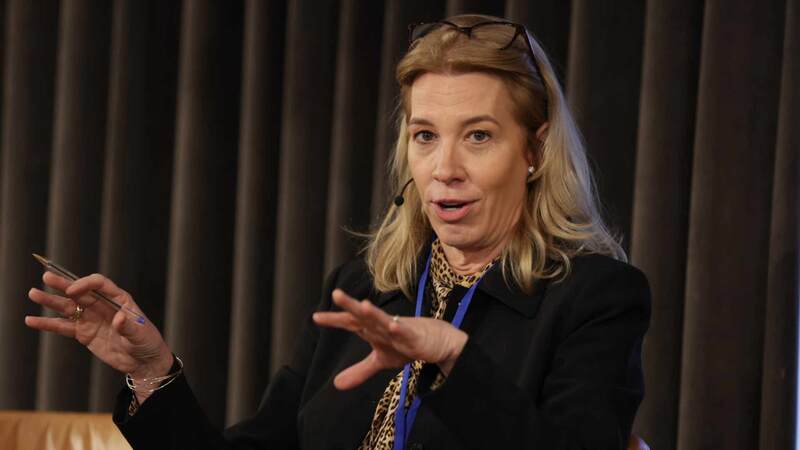You are viewing your 1 free article this month. Login to read more articles.
Is publishing in danger of becoming pay to play?
From overpriced writing courses to paid chats with agents, publishing people must understand the impact of putting a price tag on access.
Although the theory of getting published is easy – write a great book; send it to an agent; agent sends it to a publisher; tote bags for all – the actual process of how to get an agent, and what happens after that, is acknowledged as being somewhat oblique for those on the outside. Happily for the new writer, there are many ways to part with money to fill that informational gap.
The Bks Agency recently attracted the ire of pretty much everybody with the £649 price tag for their non-fiction workshop, but they’re not alone in charging high prices for information that can be found online for free. Ask Agents Anything is currently offering a two-hour seminar where three well-respected agents will “explain how to compile the most seductive book submission using the main components – Cover Letter, Synopsis & First Three Chapters”, to quote their website, before attendees are given a 45-minute slot to ask questions. There’s also a competition to have your book submission reviewed, and you get access to a “database of 50 agents looking for new writers now”. It costs £109.
An industry that acknowledges it’s largely accessible only to the privileged seems worryingly comfortable with selling shovels to prospectors. How To Get Published courses usually promise to teach writers the hacks and shortcuts to help their submission stand out, as though there’s some secret knowledge writers can pay to learn. I’m sure that these courses are useful, but it is still extremely distasteful to see people being charged to find out that a cover letter should explain what the book is about, and that the synopsis should include the ending.
It does rather feel like those with the money can buy themselves a place at the front of the submissions queue, and a guaranteed minimum of consideration once there
Those facing tough times should not despair. You are not going to learn anything on a paid course you won’t from one of the many people doing their best to help writers understand the industry: agents Emily Glenister and John Jarrold both regularly invite questions on Twitter; Blake Friedmann is running a week of free online events (which includes the opportunity to ask questions); David Higham Associates has run a scheme like these in the past, specifically for underrepresented writers; Hachette has been running Opening the Book, a series hosted by Sharmaine Lovegrove that aims to demystify publishing.
But there is a secondary problem: many of these courses – including the £649 Bks Agency one – offer a face-to-face conversation with an agent so writers can get feedback about the work. Although enormously valuable, it does rather feel like those with the money can buy themselves a place at the front of the submissions queue, and a guaranteed minimum of consideration once there. An agent getting paid for a one-to-one is (hopefully) engaging with the writing in a way it’s just not possible for them to do with unsolicited submissions.
If agents are largely finding new clients from the pool of those who have the £39.75 to join Mslexia’s Salon, or the £60 for an agent one-to-one from Jericho Writers or I Am In Print, or the £150 non-members fee to speak to two agents via Byte The Book, or the £1,800 for a novel-writing course that actively sells itself as a place the agency running it will be seeking new clients, how is this any different than charging writers to submit in the first place? There are plenty who would pay if it guaranteed a line or two of feedback about why they are being rejected, but this is recognised as a Bad Thing; an additional barrier to those who can least afford it. And yet – are paid pitching opportunities really that far removed? And, more concerningly, how much is being earned from people whose work is just not publishable?
Publishing needs to take responsibility for its role in this. Overpriced How To Be Published sessions only exist because industry people are willing to appear at them. Agent one-to-ones have value because it’s how people find representation. If publishing wishes to genuinely hold the door open for everybody, it must address the fact that it’s selling people a spot in the lobby.




















